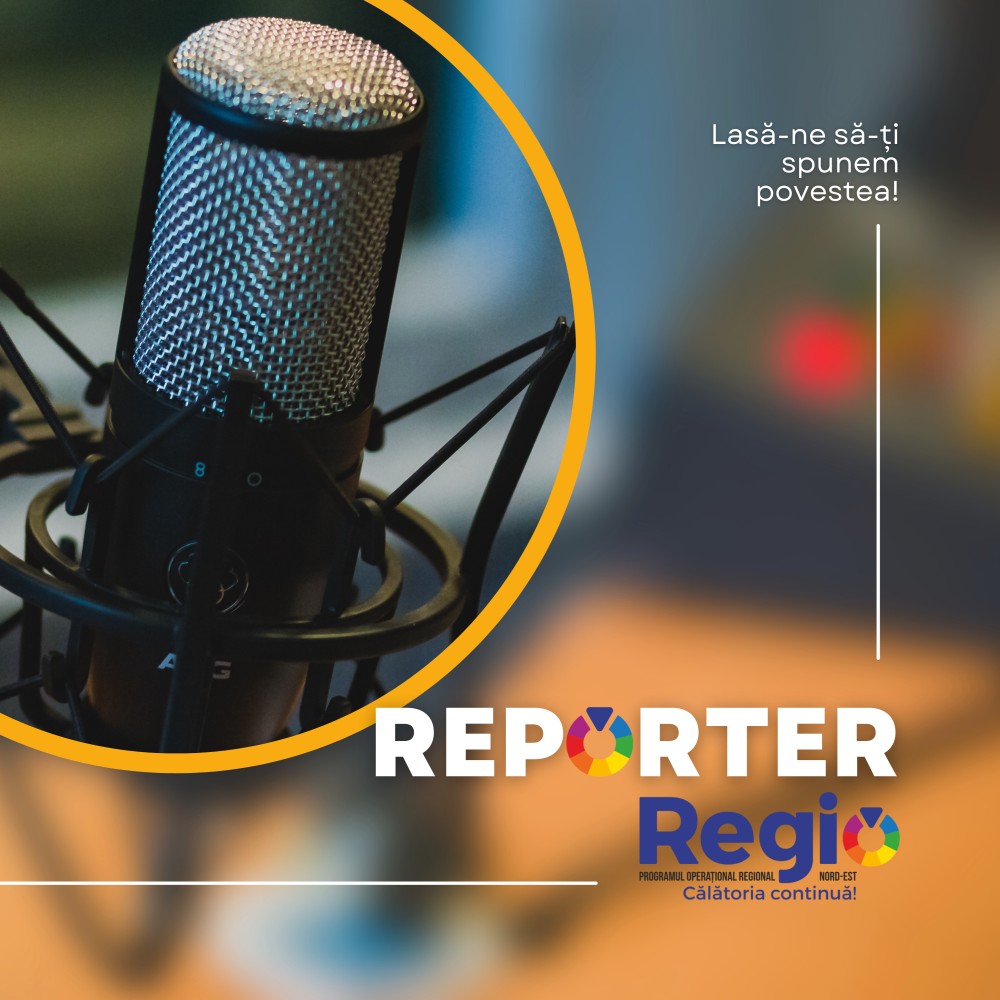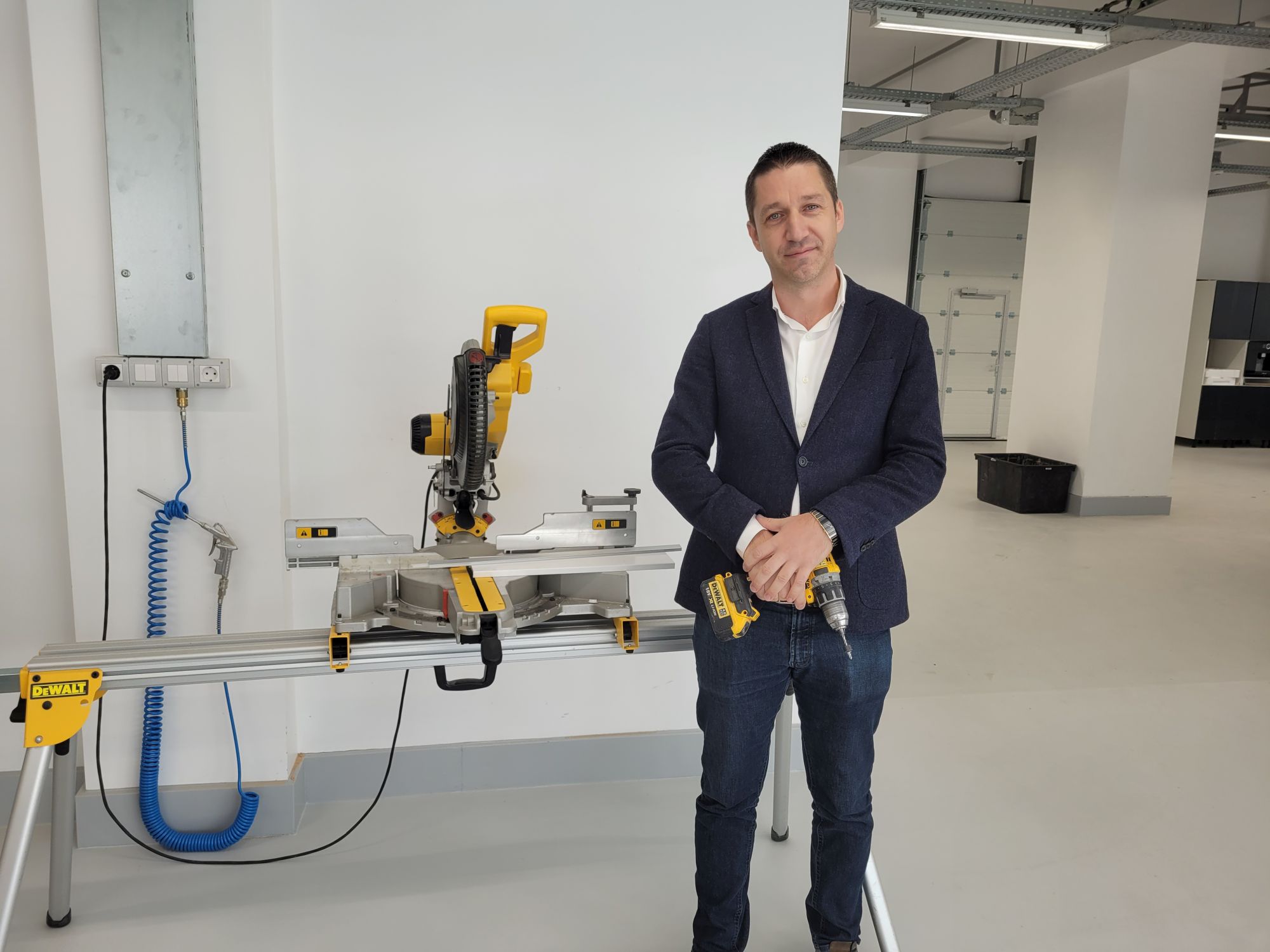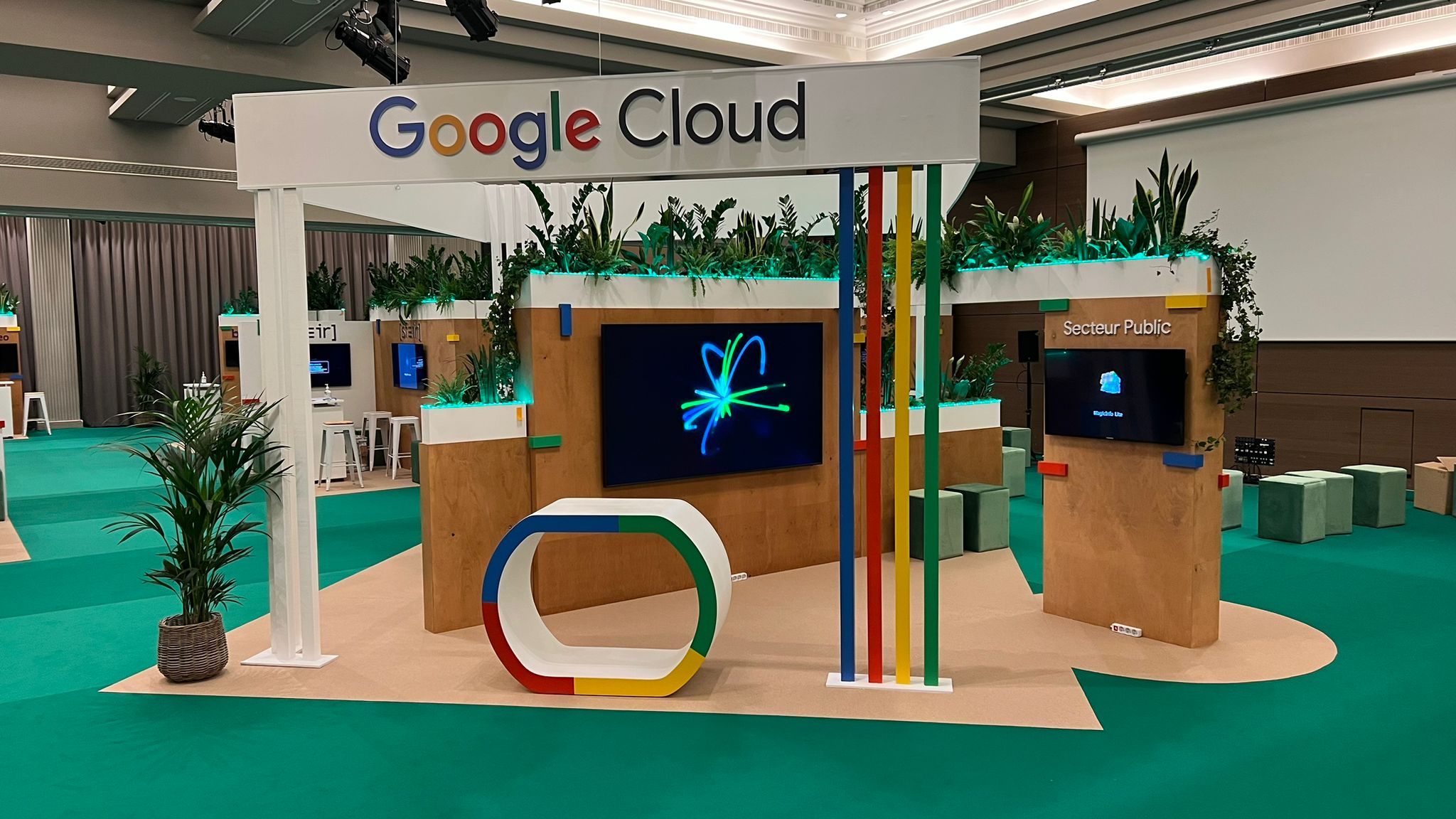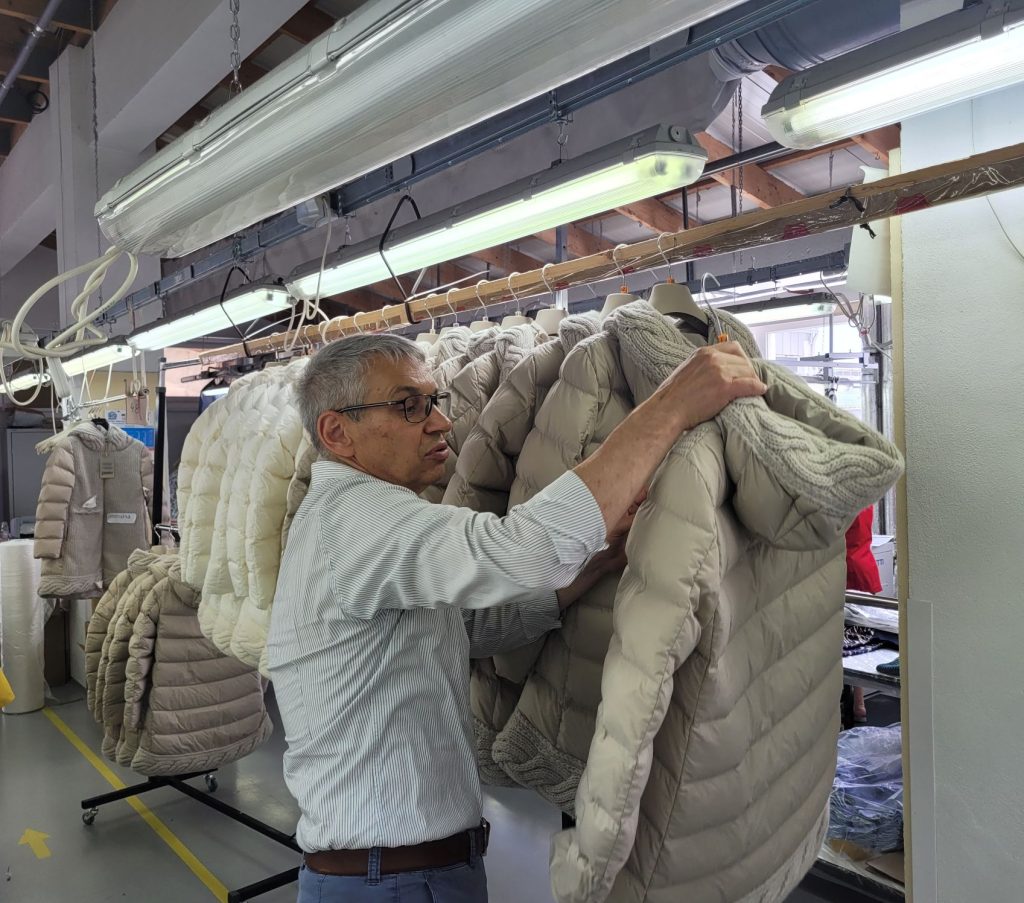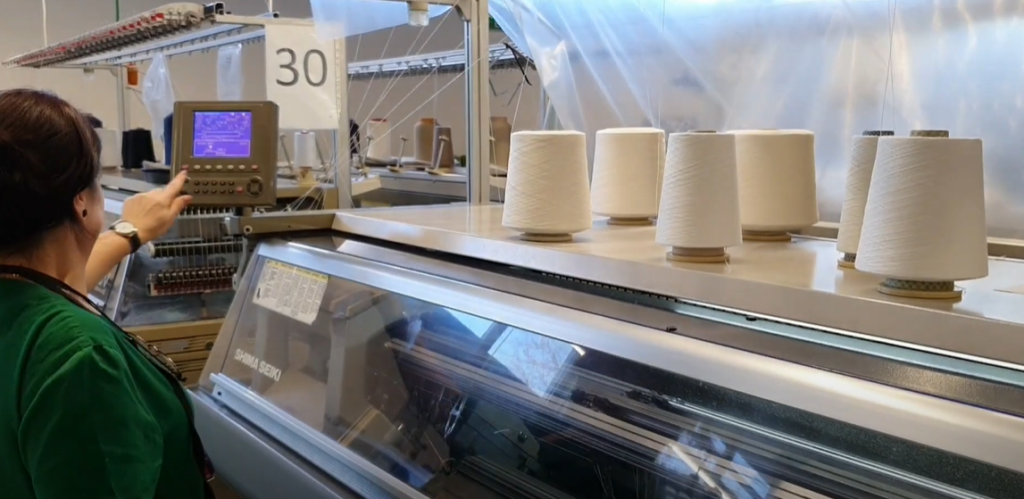Reporter REGIO: episode 15
Playground in Suceava City: a project with big ambitions for the joy of the little ones
Success stories, possible with the support of Regio Nord-Est 2014-2020
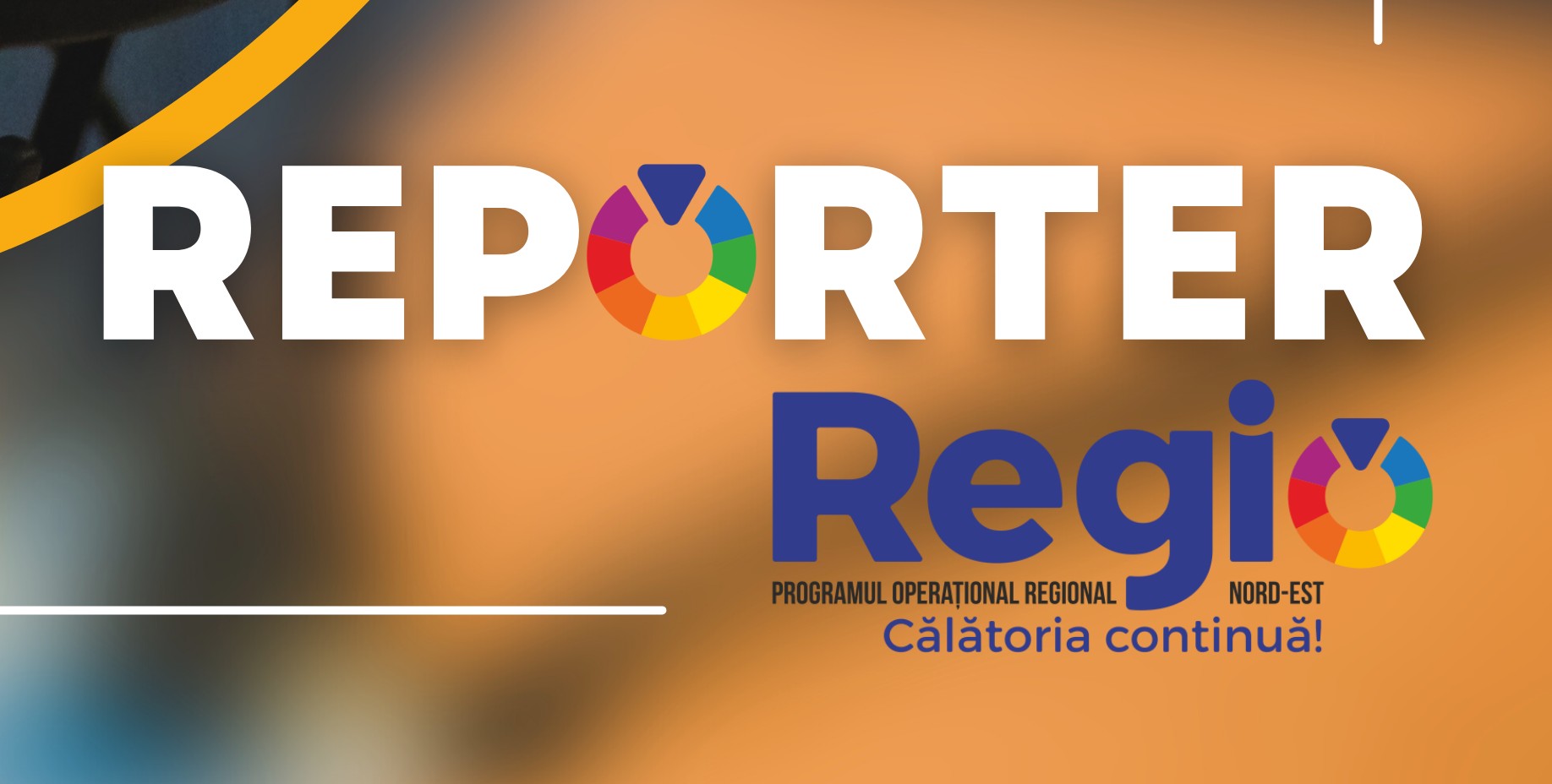
A family business from Suceava, with a tradition in the Horeca field, has expanded through the North-East Regional Operational Program 2014-2020, with a project worth 1,6 million euros, of which 870k euros is non-repayable. Together with his sister, Alexandru Filipciuc continues this family business, nurtured over time by their father, and together they manage a complex consisting of restaurant areas, accommodation, and event spaces in Suceava. The idea of a unique and comprehensive playground, dedicated to families who come to spend quality time together, emerged a few years ago, and they decided to materialize it with the help of European funds.
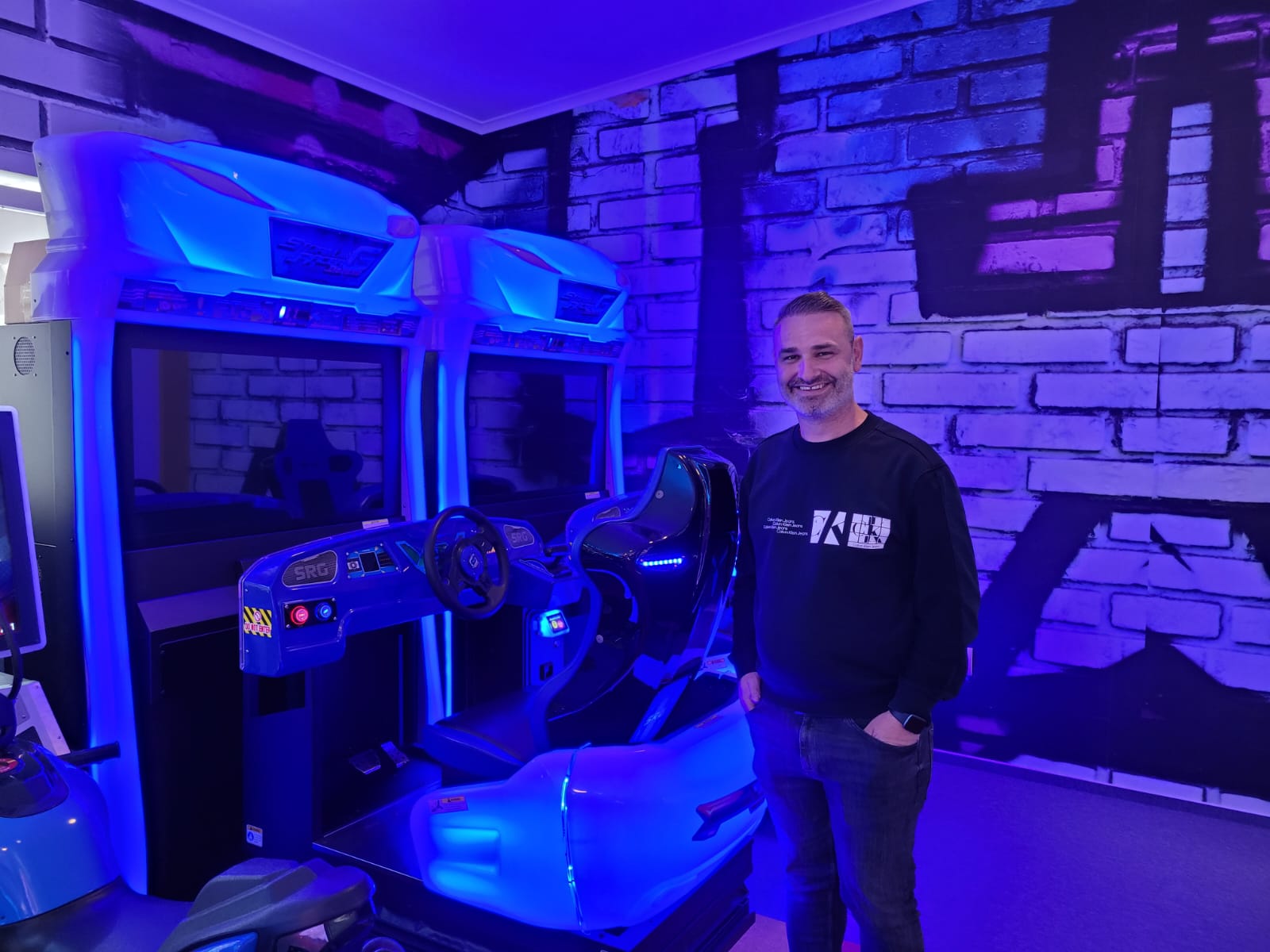
The need for a children's playground
As the father of two boys aged 4 and 8, Alexandru felt the need for a dedicated space for children to play. Since the complex already had an available sports field with an area of 1400 square meters, Alexandru and his sister thought of utilizing it to build a children’s playground. But not just any playground, they envisioned an attractive, versatile, and age-appropriate play area. „The need for a children’s playground is constant and evident. We already had a space for children in the summer garden, but it was somehow seasonal and opened only during the summer. Parents would stay on the terrace while the children played. We decided to create a permanent open space, a generous playground with various attractions for all age groups. Having this available space, we believed there was enough room for kids to feel comfortable. We planned the project around 2019 and realized that we wanted something extraordinary and ambitious, so we turned to European funds. We submitted the project, and we were extremely happy when we won. It was our first experience of this kind, and from our point of view, things have gone very well so far„, recalls Alexandru Filipciuc. Thus, Kaboom Kids World opened its doors in Suceava in January of this year.
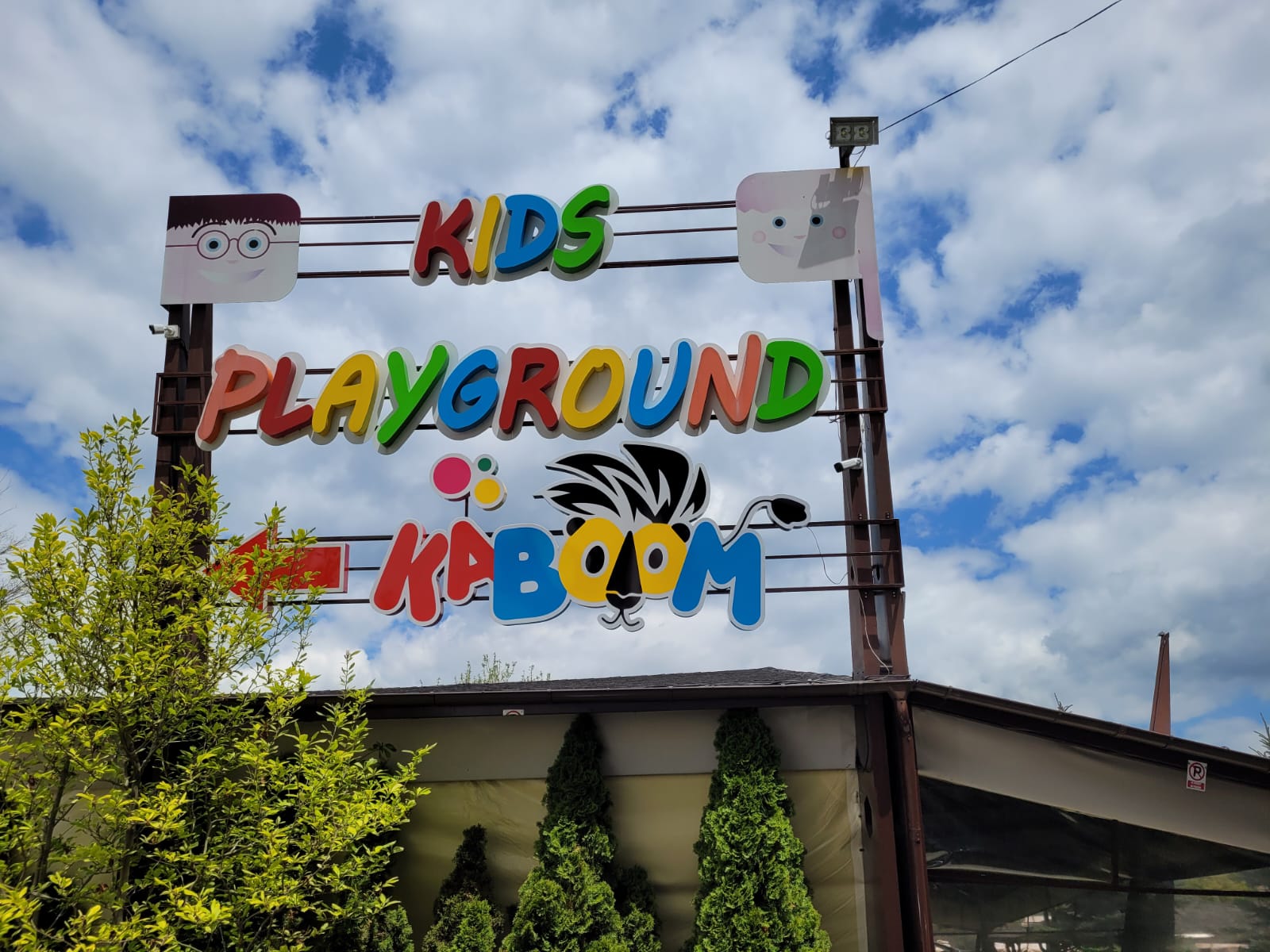
Interior Design by Internationally Renowned Company
Although the interior design was not budgeted for in the project funded through the North-East Regional Operational Program 2014-2020, Alexandru and his sister hired an internationally renowned playground design company from Bulgaria. They chose to work with experts in the field because they wanted the result to be spectacular. „In Suceava, there was no space of this size, with this much surface area, attractions, and complexity. We wanted it to be different, and so our proposals aligned with the ideas of the designers, resulting in climbing walls, trampolines, a three-level modular slide with an area of 300 square meters, games that stimulate competitiveness, games with rewards, Lego zones, creative and drawing areas. There is also mini-bowling, virtual reality machines, and a special area for children under 3 years old. We wanted to create attractions for a wider range of ages. Some machines can also be used by adults since they technically support up to 140 kg,” smiles Alexandru.
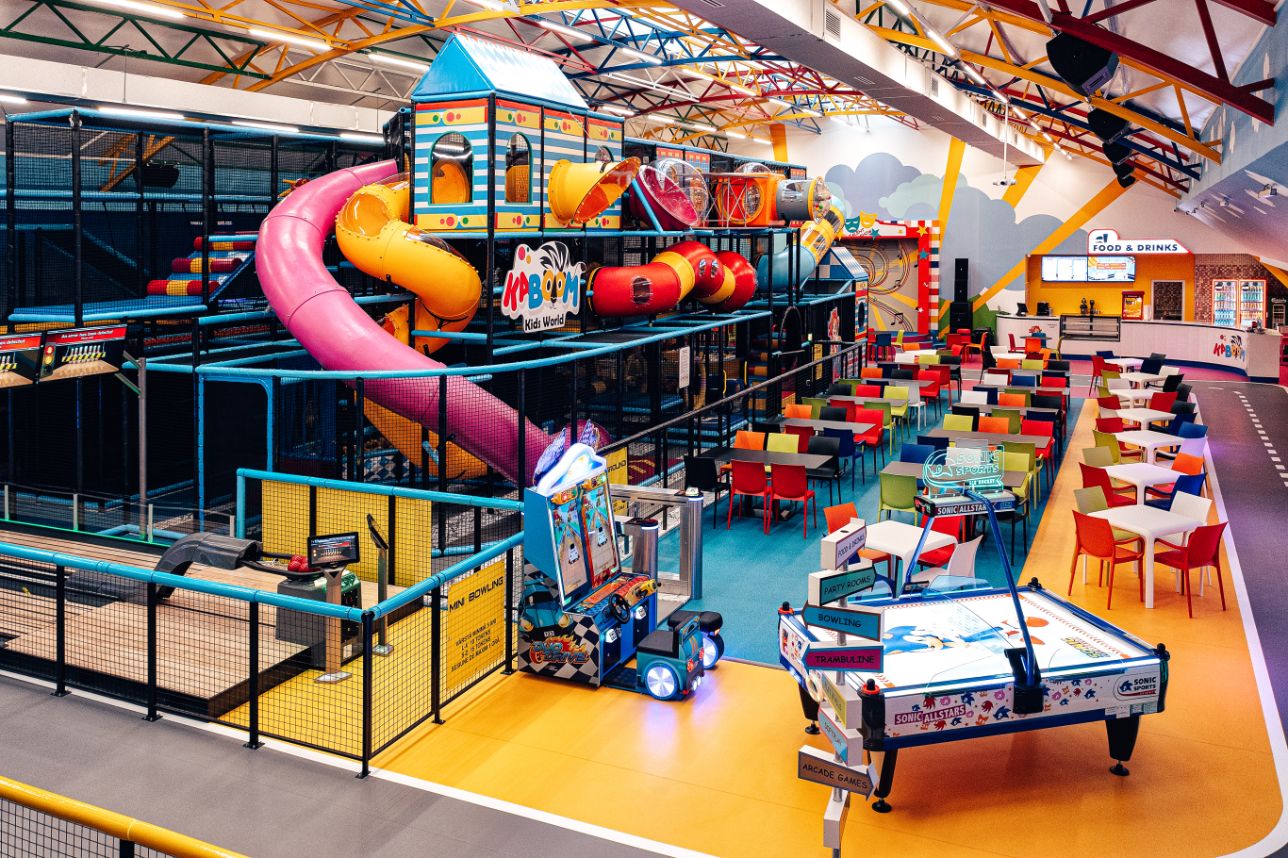
A technologically advanced and inclusive Playground
Within the project funded through the North-East Regional Operational Program, 35 recreational and fun equipment pieces for children were acquired. The funding also covered the heating and air conditioning system, sound system, furniture, IT equipment, and licenses, as well as video surveillance, detection, and alarm equipment. „We tried to automate everything related to our activities. We have counting software for all the attractions; each machine has a reader, and the child comes with either a card or a bracelet, scans it, and enters the respective attraction. The cards have a certain number of points, depending on their value. We tried to create packages for everyone. Moreover, this entire space is adapted for children with disabilities„, adds Alexandru.
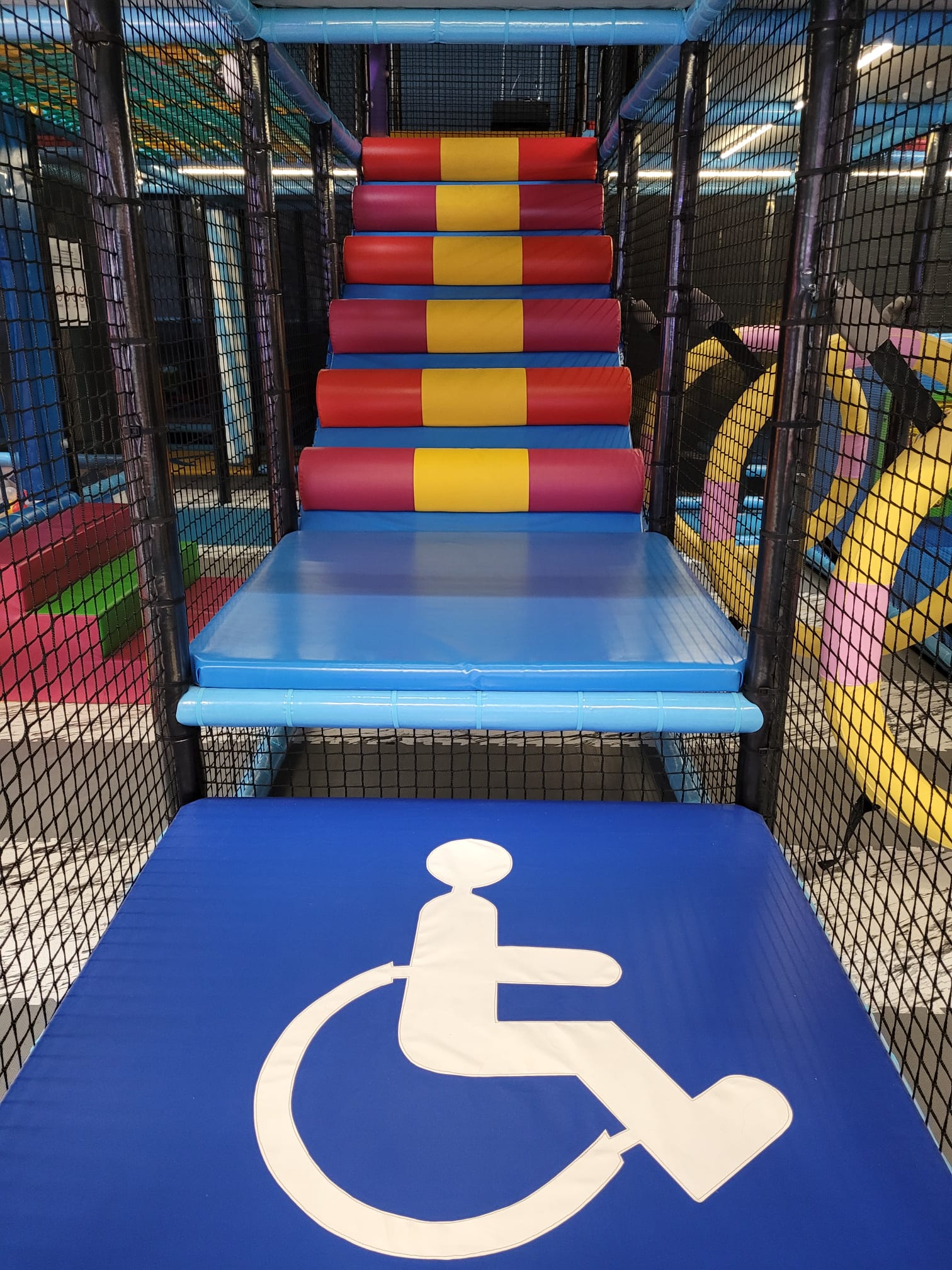
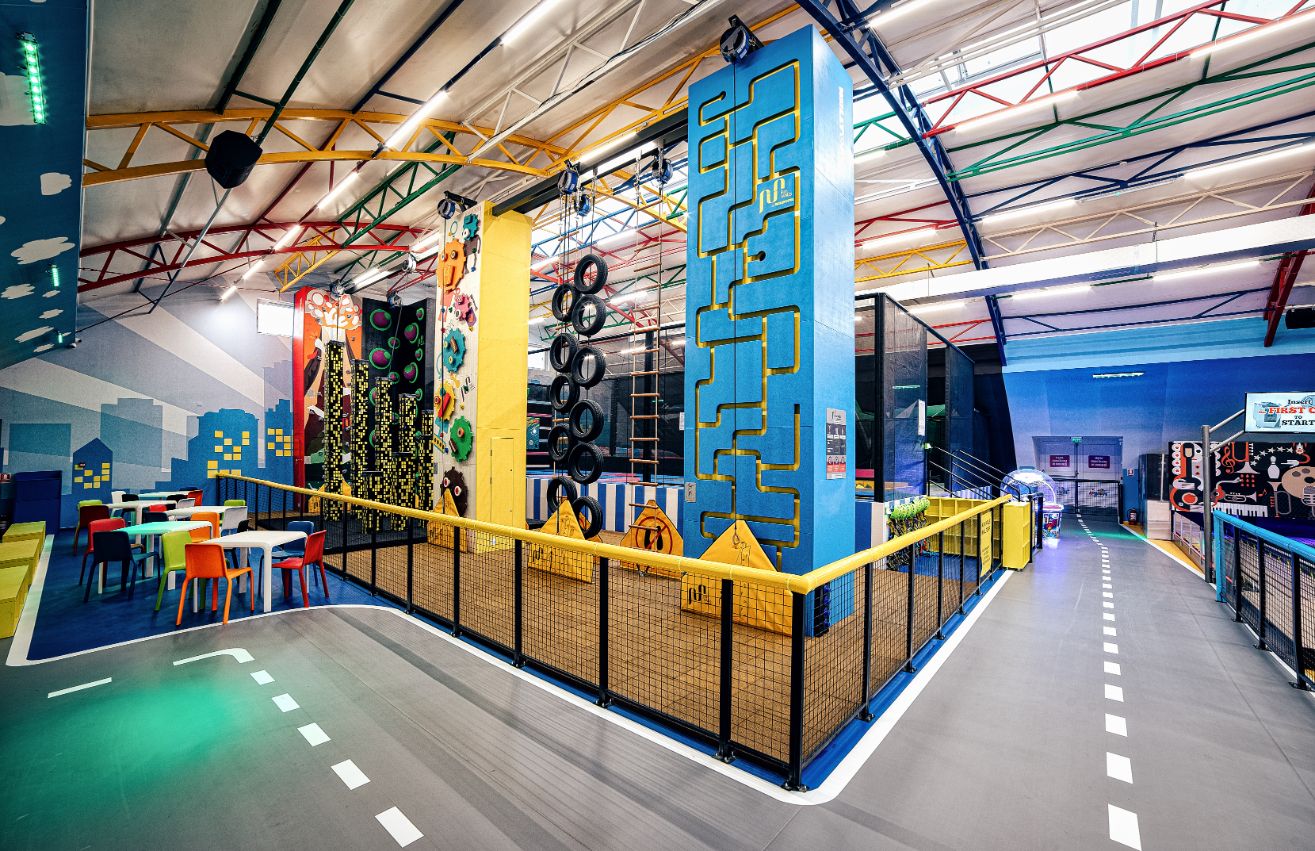
Kaboom Kids World has a capacity of 200 people, and the attractions are dedicated to children aged up to 15 years old. The concept is carefully thought out, from the recreational area to the zones for private parties and dining areas. Children can stay active and develop their skills and talents as they please, through games and new experiences. „It is a beautiful business, filled with children, parents, and joy. We know that Suceava is not as big as Bucharest, Timișoara, or Iași, but the children here also deserve a beautiful place to have fun. My kids would sleep here if they could, especially the older one. We all wish for our children to have a better childhood than we had„, says Alexandru Filipciuc.
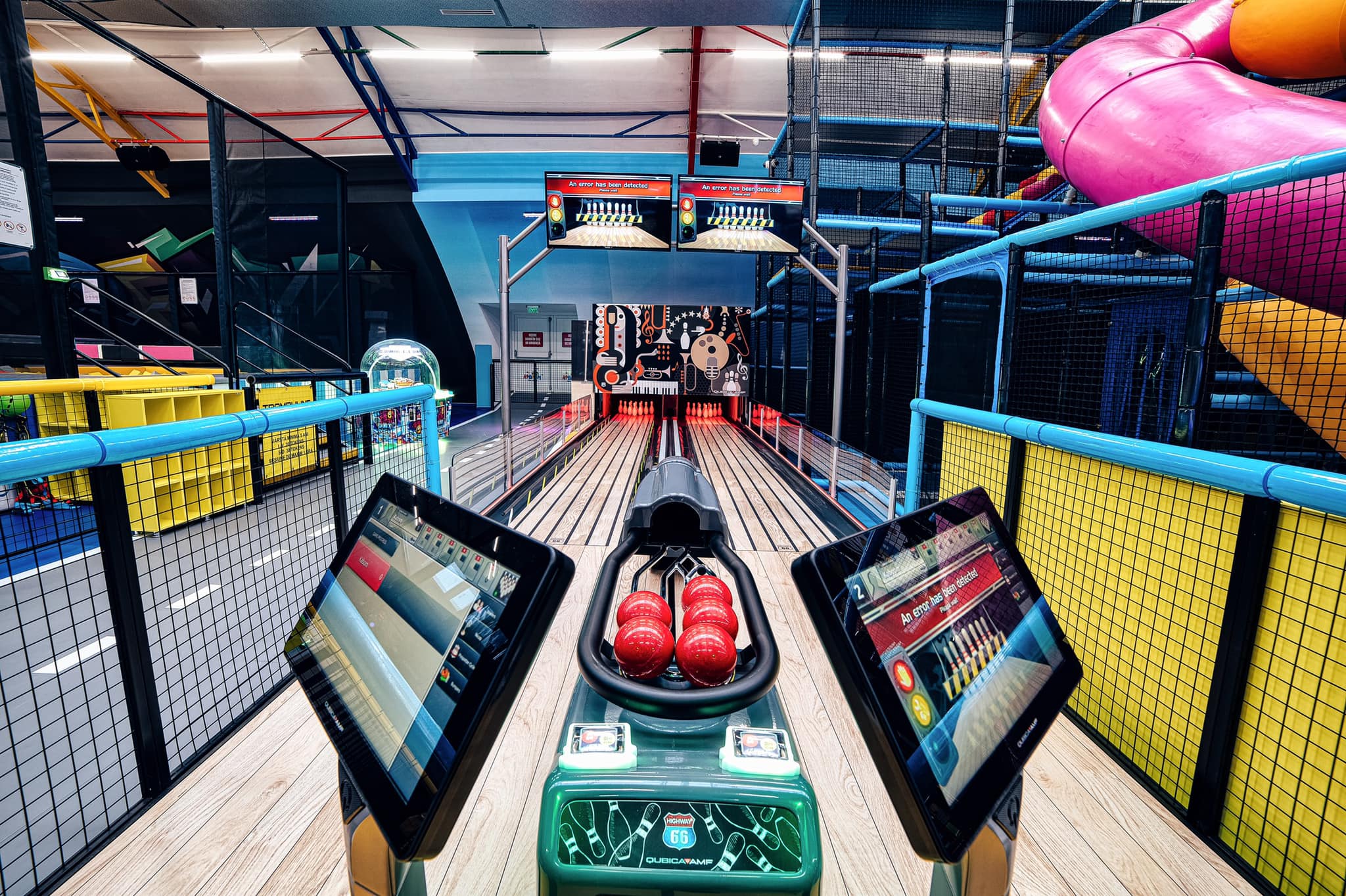
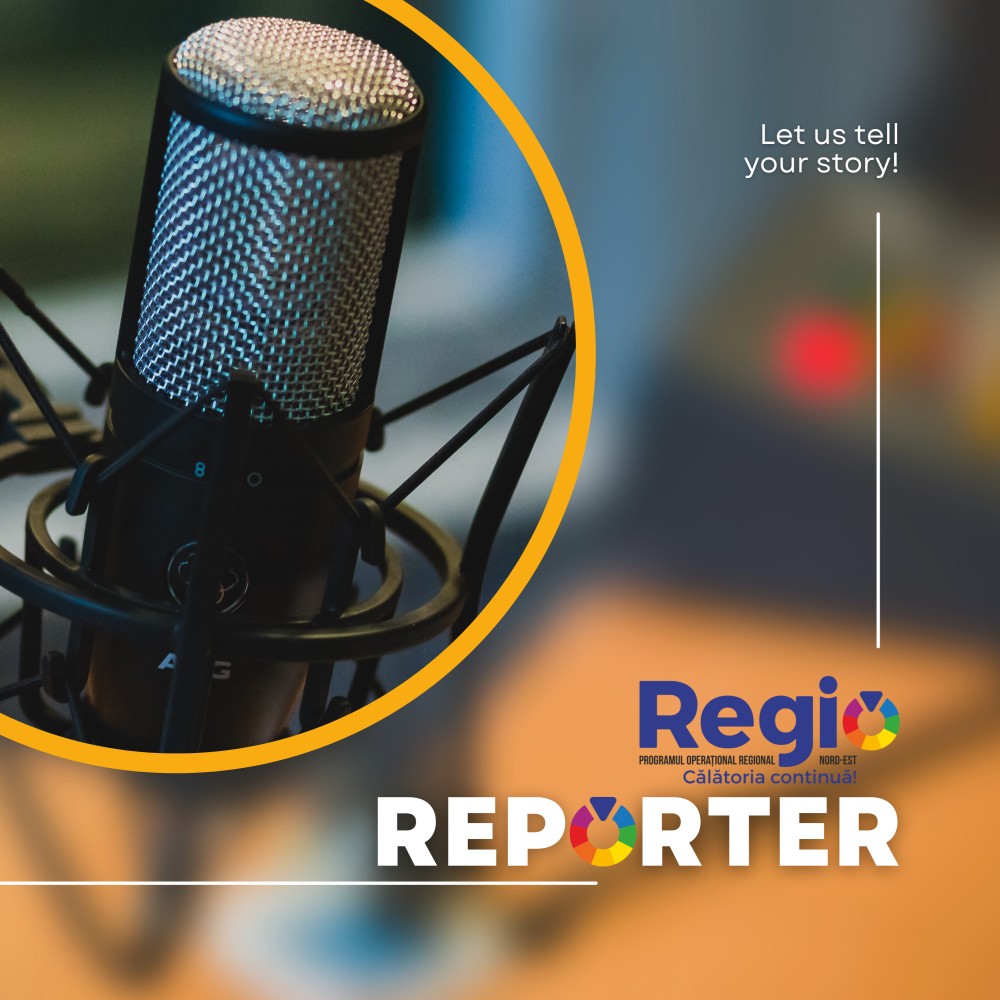
Reporter REGIO is a new North-East RDA initiative, which focuses on promoting the successful projects of our beneficiaries, projects that have managed to stand out by bringing added value and impact to the community. At a time when negative news predominates, we offer you beautiful but true stories for reading, meant to strengthen the belief that „it is possible”! Be part of the story!
Are you a Regio beneficiary? Let us tell you the story.
Contact us for details at info@adrnordest.ro


 INTERES PUBLIC
INTERES PUBLIC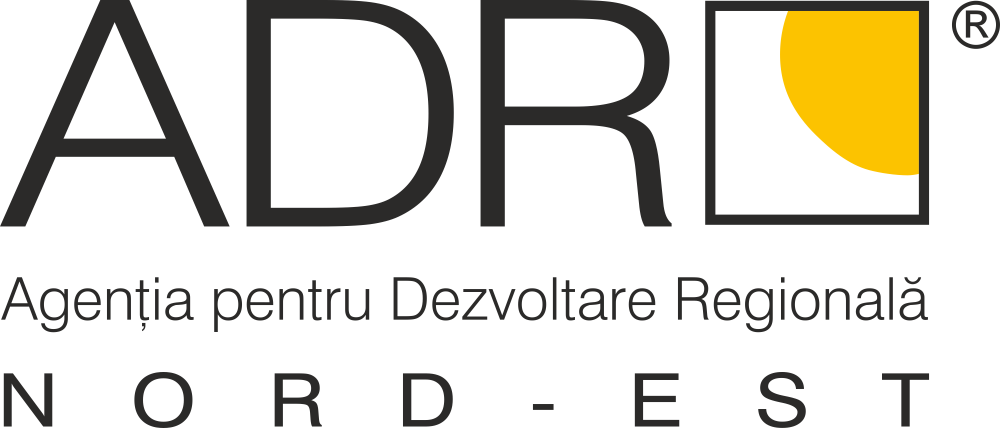
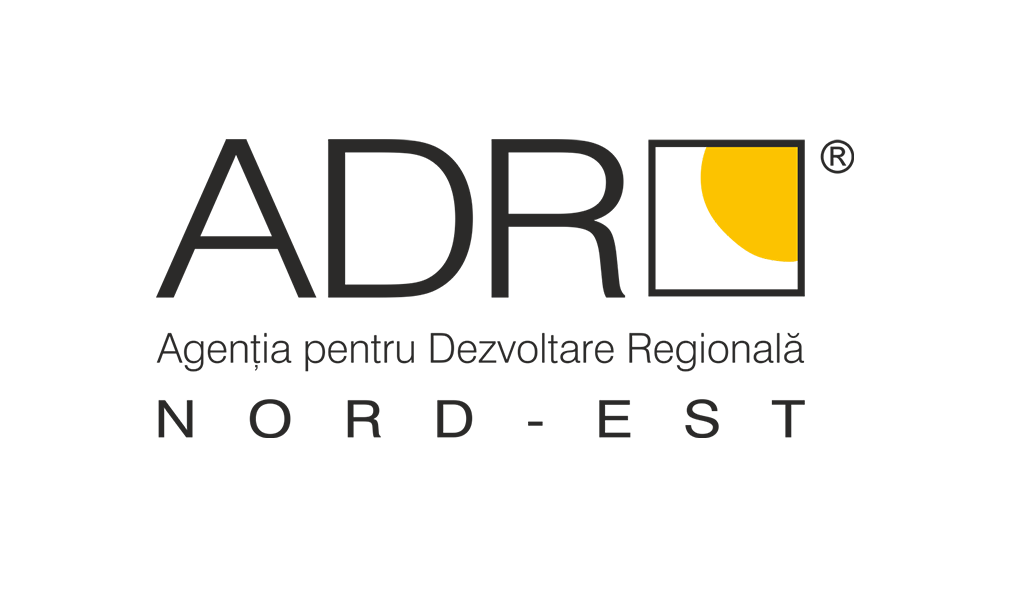






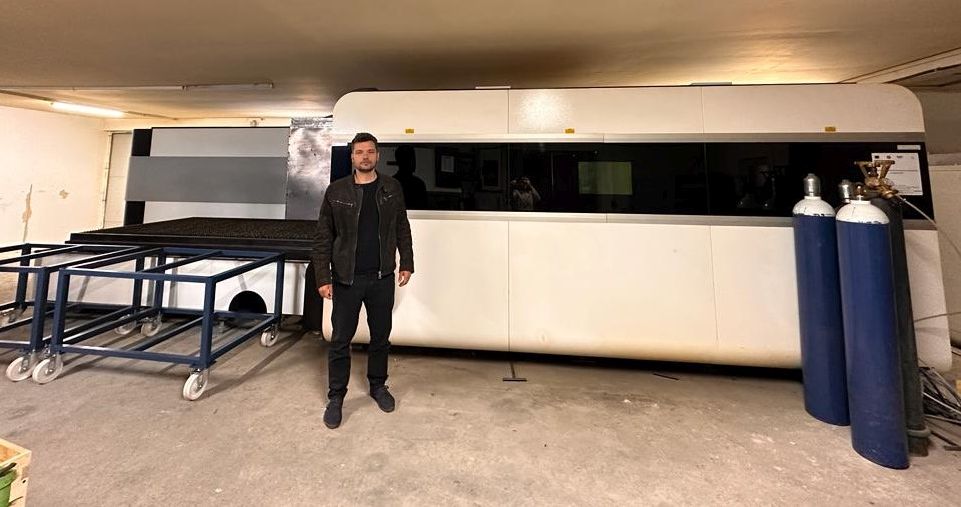







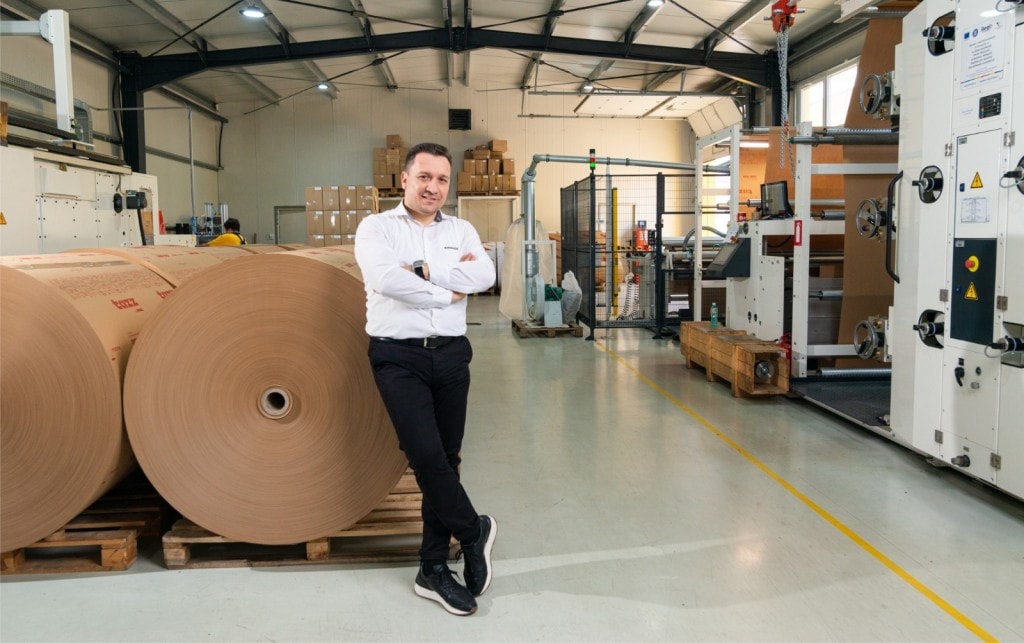













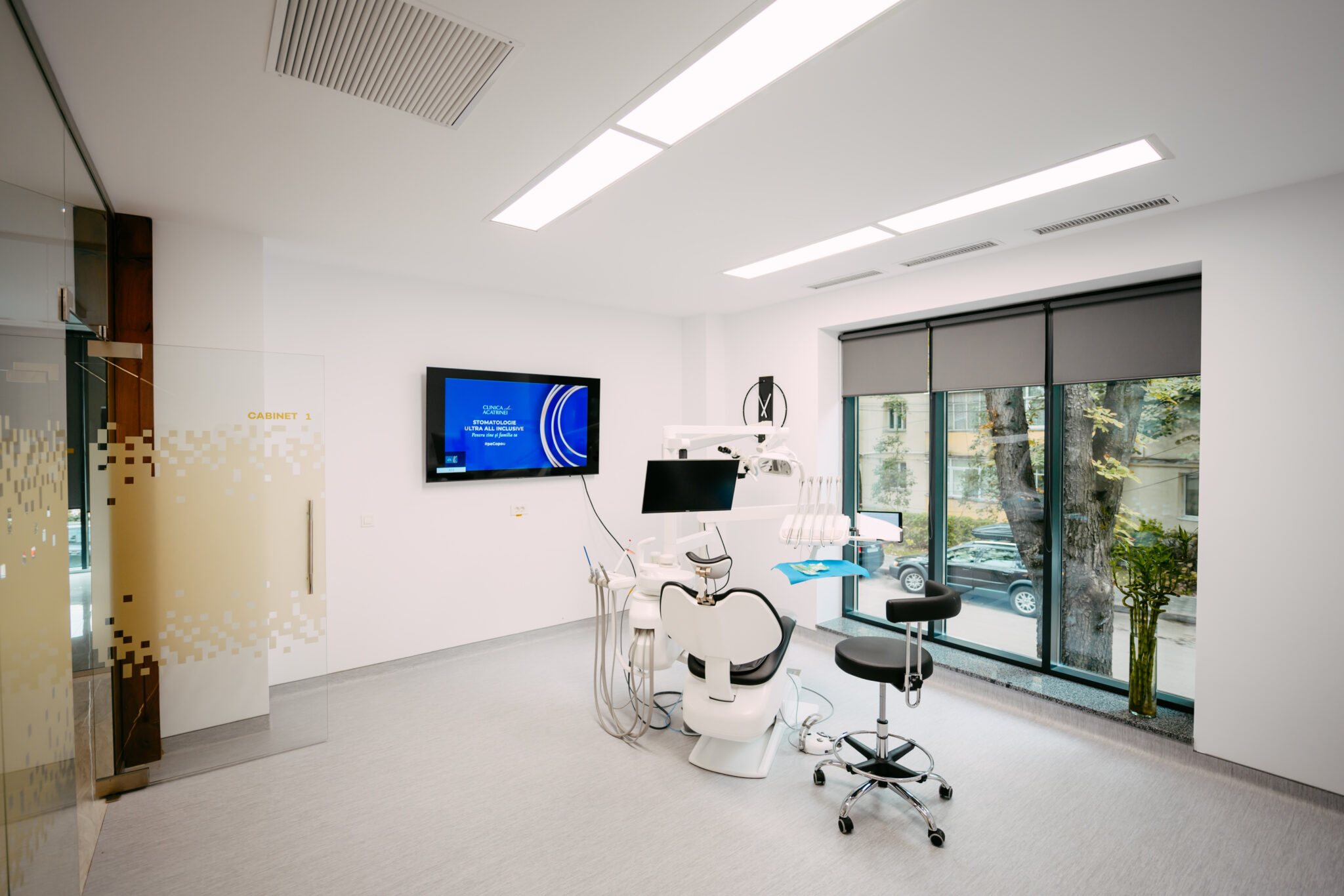

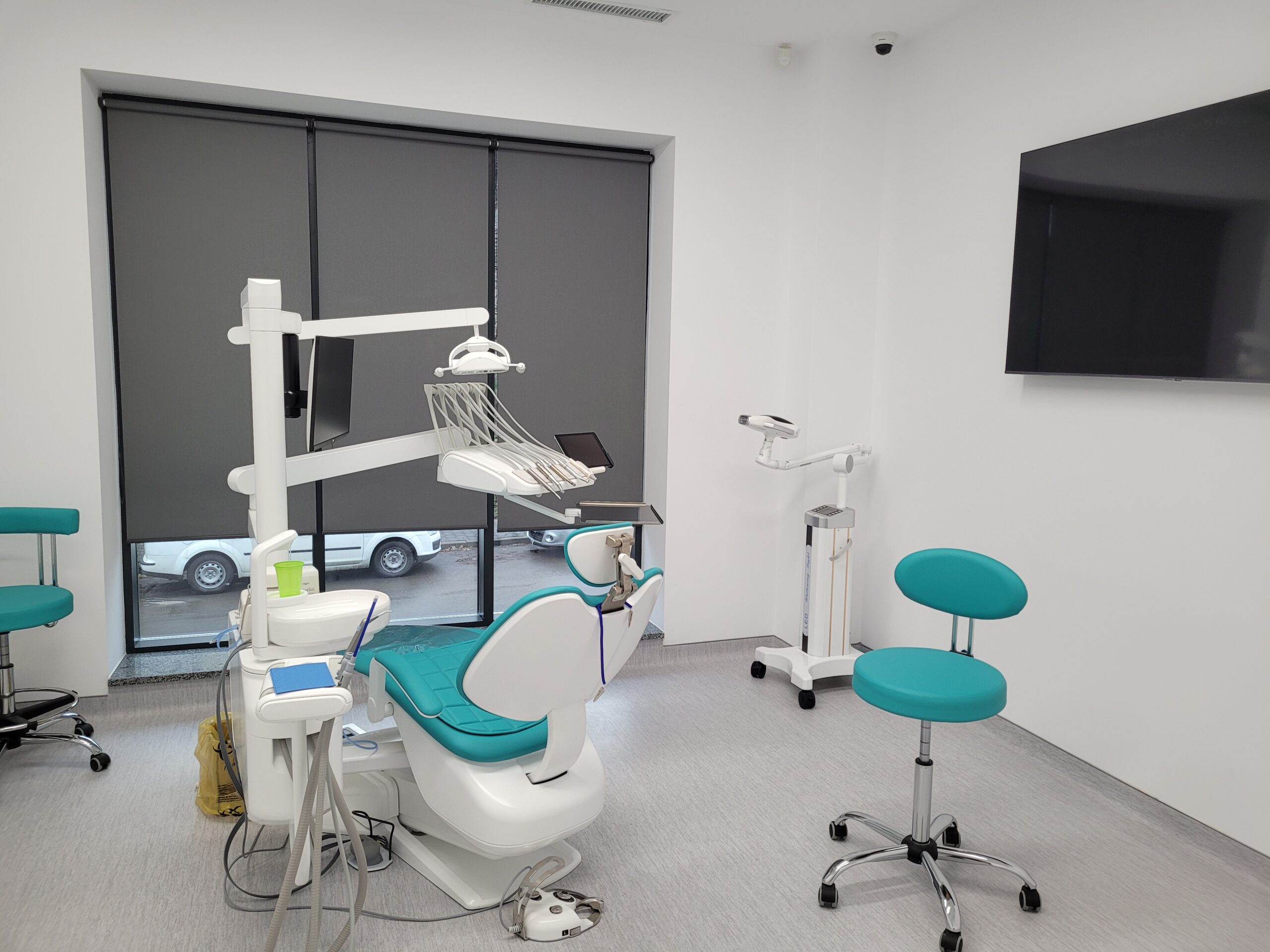
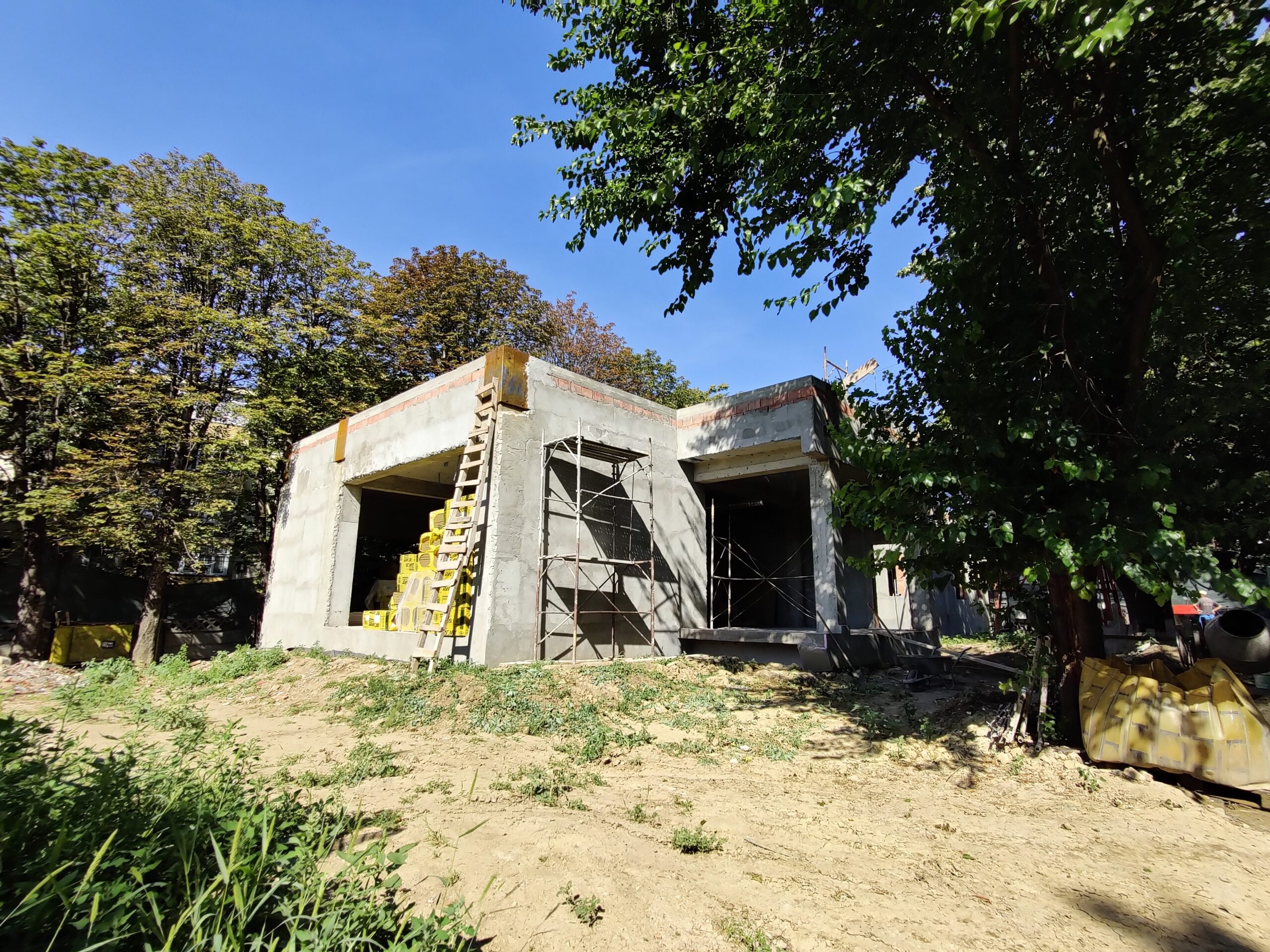


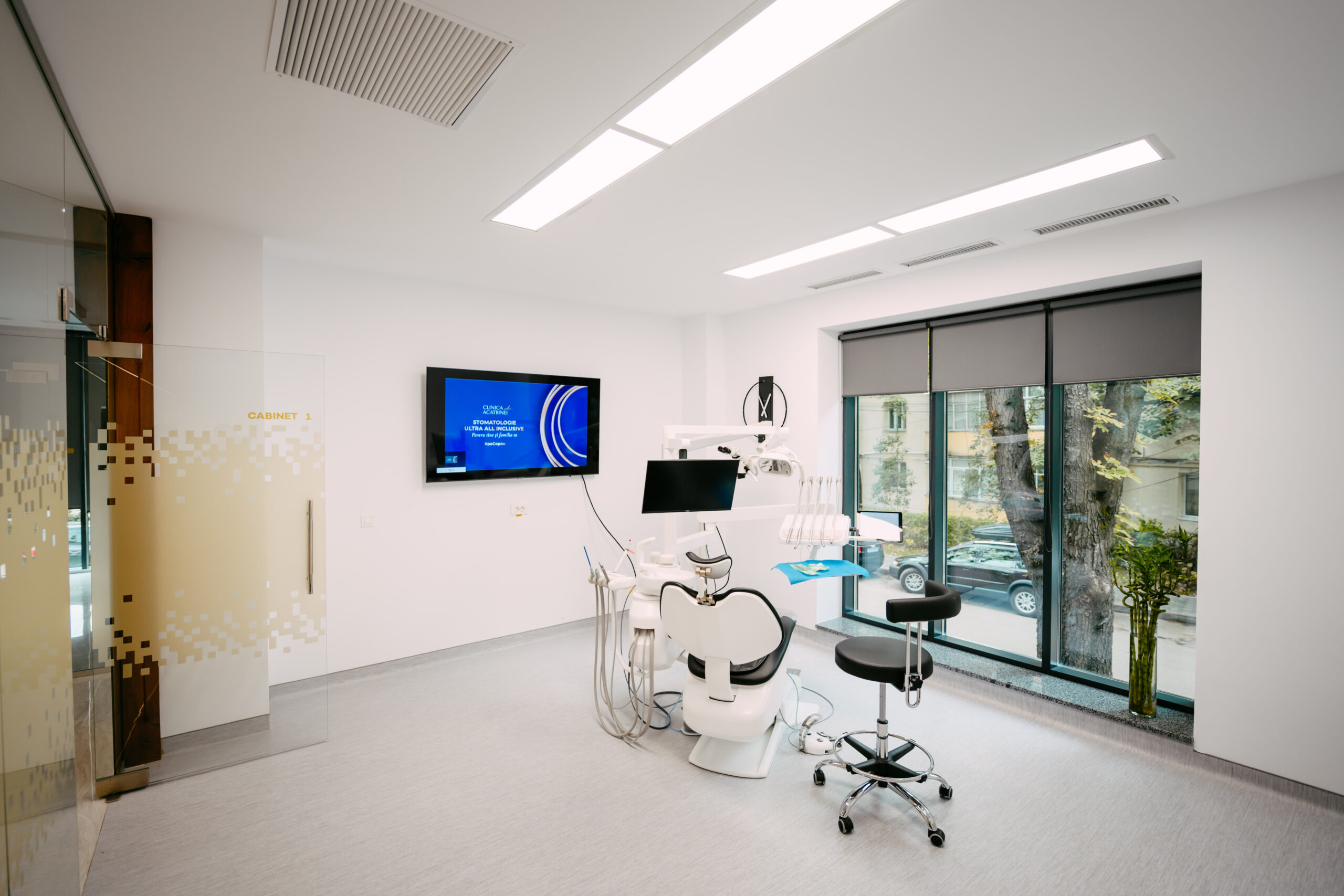










 He finished every year of vocational studies with an average over 9.50. He is the kind of student who stands out, asks many questions, and seeks answers, always concerned about knowing more. He had all the support, since the 9th grade of Mr. foreman Constantin Pintrijel, who took him under his wing and advised him to go to high school, also within the college. He obtained a diploma in auto mechanics, and an „Excellent” qualification in the final vocational school exam and went further towards his dream, entering high school, in the transport technician profile. Now, in the 12th grade, he is seriously preparing for the baccalaureate, the final exam. „Out of 30 students from the vocational school, about 5 of us also chose to go to high school. The rest of them stopped, got the degree and that was it? That’s all they needed. I believe that wherever you go to work and if you have a vocational school it means that you have certain knowledge, you are not starting from scratch. The internship helps you gain the experience so demanded by employers, but the facilities of a college with a technical profile also help enormously. The vocational school helps you a lot. Maybe you know how to unscrew a screw, but then you get stuck because you don’t know what to do next. The years of vocational school can give you the necessary foundation to start something and it gives you the confidence that you can do anything you want„.
He finished every year of vocational studies with an average over 9.50. He is the kind of student who stands out, asks many questions, and seeks answers, always concerned about knowing more. He had all the support, since the 9th grade of Mr. foreman Constantin Pintrijel, who took him under his wing and advised him to go to high school, also within the college. He obtained a diploma in auto mechanics, and an „Excellent” qualification in the final vocational school exam and went further towards his dream, entering high school, in the transport technician profile. Now, in the 12th grade, he is seriously preparing for the baccalaureate, the final exam. „Out of 30 students from the vocational school, about 5 of us also chose to go to high school. The rest of them stopped, got the degree and that was it? That’s all they needed. I believe that wherever you go to work and if you have a vocational school it means that you have certain knowledge, you are not starting from scratch. The internship helps you gain the experience so demanded by employers, but the facilities of a college with a technical profile also help enormously. The vocational school helps you a lot. Maybe you know how to unscrew a screw, but then you get stuck because you don’t know what to do next. The years of vocational school can give you the necessary foundation to start something and it gives you the confidence that you can do anything you want„.
